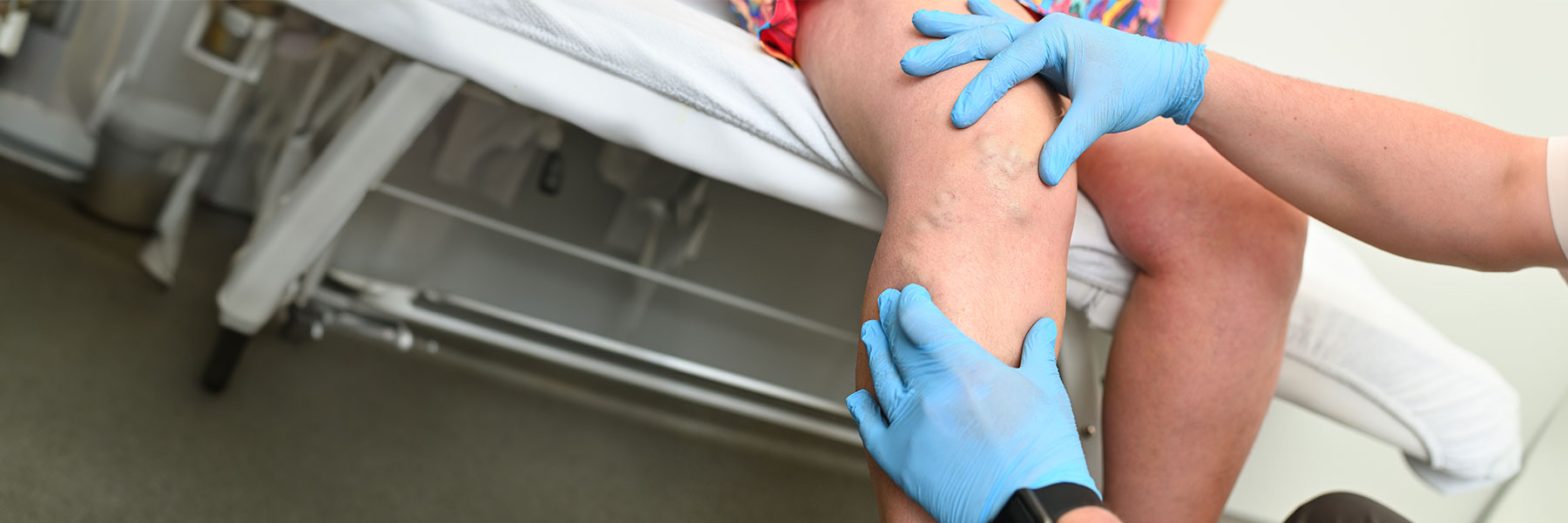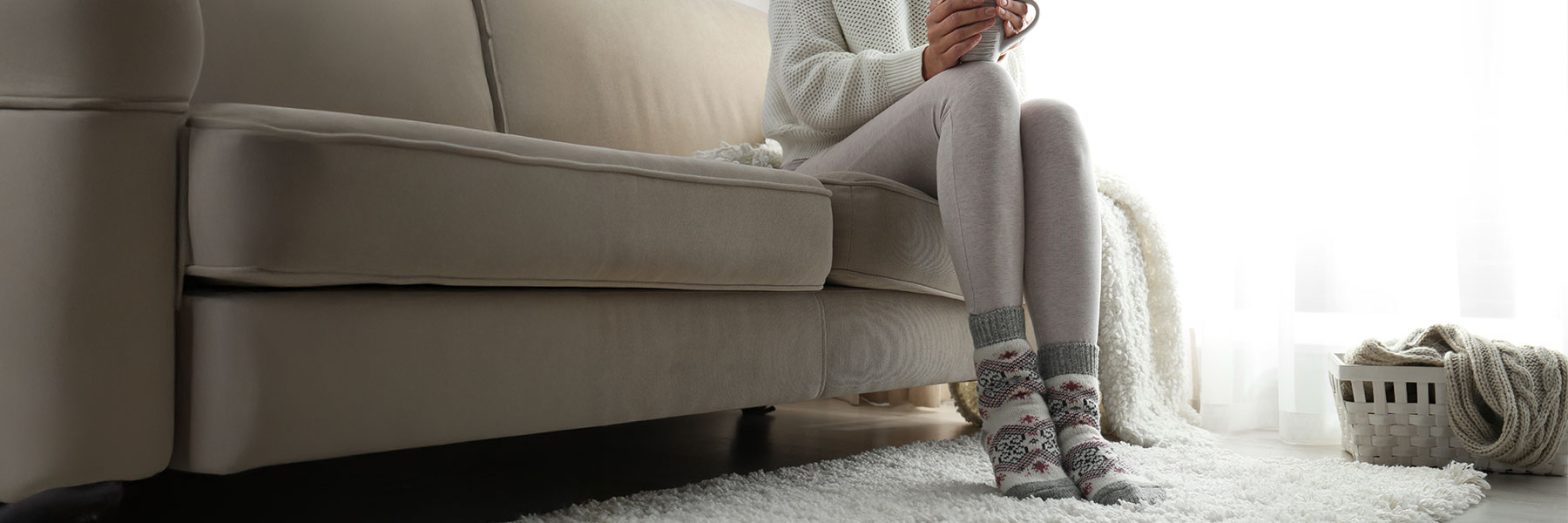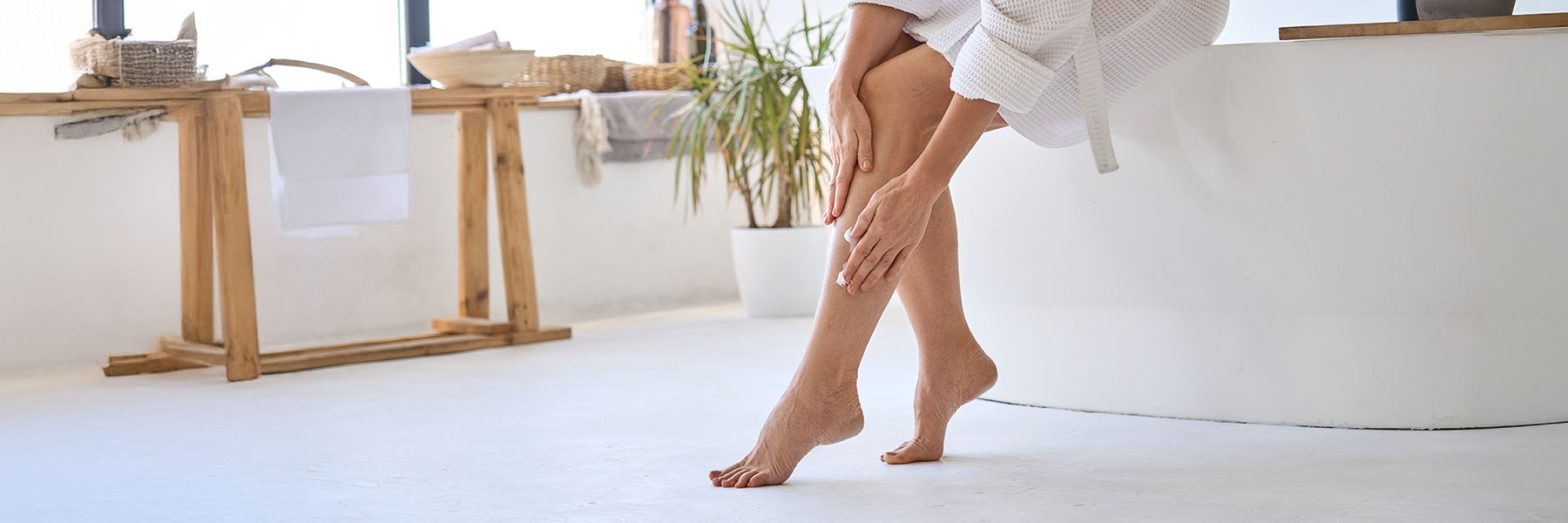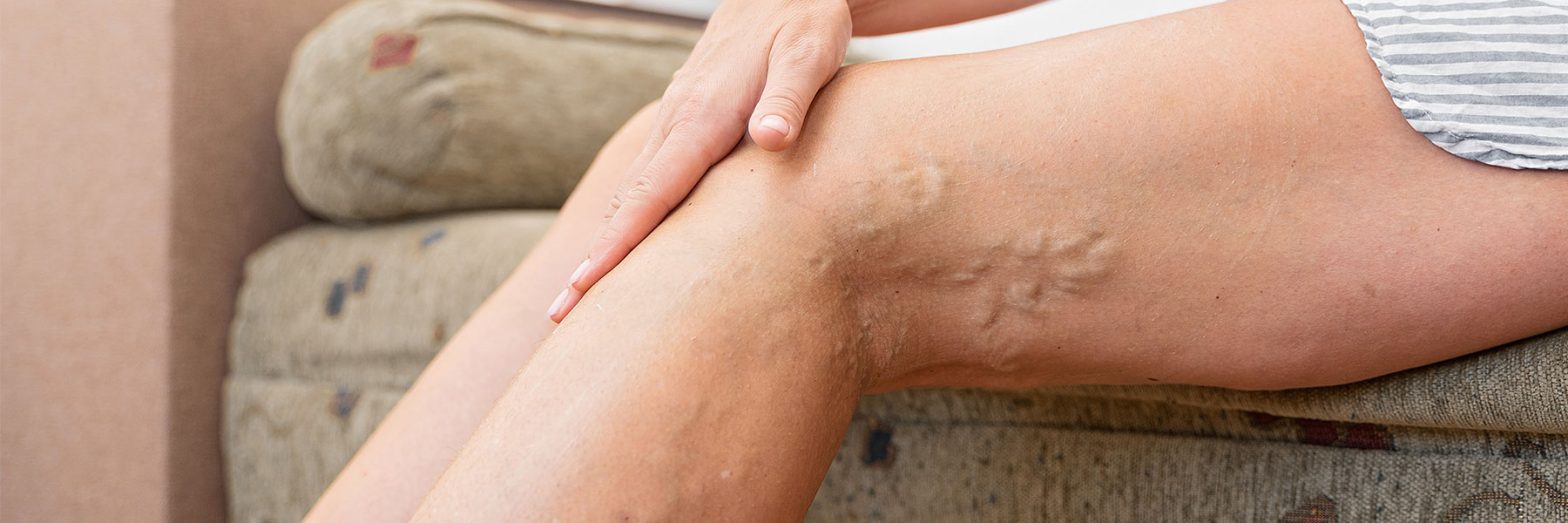
What are NICE Guidelines for Varicose Veins?
When searching for a private varicose vein treatment clinic in the UK you may have heard of the term ‘NICE Recommended’ or ‘NICE Gold Standard’. These statements sound very positive and important but what actually is NICE and what are the NICE Guidelines for Varicose Vein treatment?
What is NICE?
NICE stands for the National Institute for Health and Care Excellence. NICE is a national body in the UK, and they have a board of medical experts who provide national evidence-based guidance and pathways with the aim of improving health and social care. NICE publishes guidance, advice, quality standards and pathways for a wide range of conditions and diseases including varicose veins.
What are the NICE Guidelines for Varicose Vein Treatment?
The NICE clinical guidelines for varicose veins (CG168) were originally published in 2013 and are based on published evidence which means they do not cover newer cutting-edge varicose vein treatments that we offer like VenaSeal.
The key priorities for implementation to manage varicose vein symptoms are:
- Referral to a vascular service
- Assessment using duplex ultrasound and treatment
- Non-interventional treatment including Endovenous laser treatment (EVLA) and Radio Frequency Ablation (RFA)
Referral to a vascular service
The NICE guidelines have a specific criteria for when patients need to have their veins treated.
The NICE Referral guidelines are:
- Patients who have Varicose Veins with symptoms including pain, swelling, discomfort, itching and heaviness or recurring varicose veins.
- Skin changes, such as pigmentation or eczema, thought to be caused by varicose veins and chronic venous insufficiency.
- Superficial vein thrombosis, superficial thrombophlebitis or phlebitis which is the appearance of hard, painful veins.
- A venous leg ulcer.
- A healed venous leg ulcer.
NICE describes a vascular service as a team of healthcare professionals who have training and experience in diagnosing and treating varicose veins.’ At The Private Clinic we have an expert team of consultant vascular surgeons and knowledgeable specialist nurses supported by experienced clinic managers and patient co-ordinators to provide our patients with the best possible care across all of our clinic locations.
Assessment using duplex ultrasound and treatment
Patients with suspected varicose veins should be assessed using a duplex ultrasound scan to diagnose varicose veins. The scan enables the consultant Vascular Surgeon to locate any damaged valves that might be causing the varicose veins. Once diagnosed the vascular service team should discuss the treatment options available and the possible side effects.
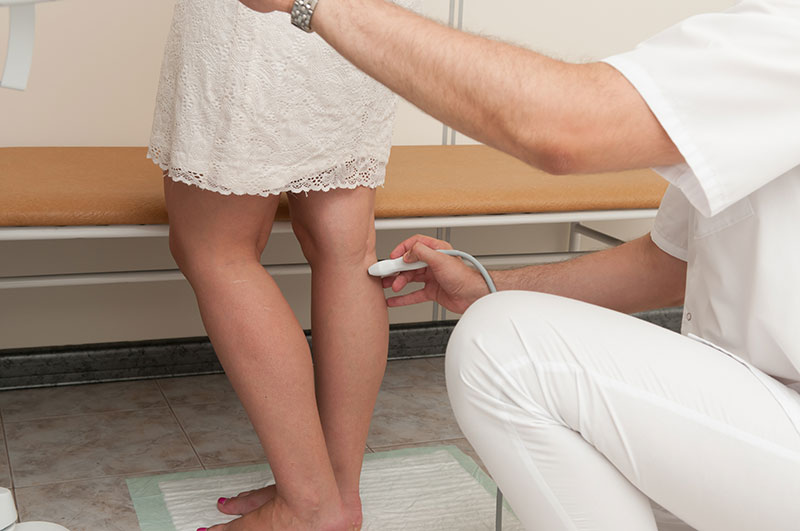
Non-interventional treatment
NICE guidelines state that non-surgical treatments should be offered before any type of invasive surgery such as vein stripping which is not recommended.
Endothermal ablation, also know as EVLA (Endovenous Laser Ablation) or Radiofrequency Ablation (RFA) are the gold standard varicose vein treatments as recommended by NICE. The treatment applies heat to the inside of the vein which causes it to close.
If the patient is not suitable for EVLA treatment, then the NICE guidelines recommends offering Foam Sclerotherapy treatment which involves injecting the vein with a sclerosant solution mixed with air to produce a foam. When the foam is injected into the vein it damages the vein causing it to close.
The next stage according to NICE guidelines would be surgical removal, however at The Private Clinic we still have two additional non-invasive treatments that we believe deliver great results
- VenaSeal uses a medical-grade glue to close off faulty vein valves and was approved for widespread medical use in September 2011 which is why it is not mentioned in the NICE guidelines for varicose vein treatment as it was still relatively new at the time.
- Phlebectomy is our minimally invasive micro surgery varicose vein treatment that is ideal for large varicose veins close to the surface of the skin. The treatment involves making tiny micro incisions before a phlebectomy hook is inserted to pull it out.
In the majority of cases, one or a combination of the treatments mentioned above will be suitable for all patients and will provide them with significant relief from pain and symptoms associated with varicose veins. We do not agree that anyone would a more invasive vein stripping procedure which is why we do not offer this treatment at any of our vein clinics.
Compression stockings
Another point that the NICE varicose vein guidelines discuss is the use of compression stockings. The guidelines are very clear in stating that compression stockings should not be used as a treatment for varicose veins unless the patient is unsuitable or has refused treatment.
At The Private Clinic, we have never prescribed compression stockings as a way of treating varicose veins but have instead used them to help aid patients’ recovery post-surgery.
If you would like to read about the NICE guidelines for varicose vein treatments, you can find them here.
Mr Constantinos Kyriakides Responds to NICE Recommendations for Varicose Vein Treatment
“It’s unsurprising that NICE has approved minimally invasive laser and other heat ablation techniques as the preferred method for the treatment of varicose veins, and stated that surgical techniques should be the last option. For modern vascular surgeons, heat ablation techniques such as EVLA (Endovenous Laser Ablation) or RFA (Radio Frequency Ablation) have been the preferred option of treatment for a number of years.
The development and delivery of minimally invasive laser ablation techniques is something that I have played my part in promoting and refining for over 10+ years. I have seen first-hand just how patients respond to treatment. Having also performed conventional surgical procedures before this, I am, in contrast, well aware of the pitfalls of the old methods.
Conventional stripping methods have been on the decline certainly over the last 5 years for a variety of reasons. Firstly, laser ablation techniques are far less invasive for the patient and can be delivered under local anaesthetic. This removes the requirement for the patient to undergo a hospital admission or even be treated in a hospital. Also, the risks associated with minimally invasive techniques are significantly lower. Conventional stripping methods, on the other hand, have been found to cause bleeding, infections, vascular injuries, deep vein thrombosis and nerve injuries which are significantly higher than with laser ablation techniques.
There is also now a greater volume of evidence to support the longer-term benefits of laser ablation techniques and not only the short-term benefits and quicker recovery. The risk of recurrent varicose veins is much smaller with EVLA compared to conventional striping of veins.
Through the delivery of techniques such as EVLA and RFA, we have essentially been able to convert what was once a fairly invasive hospital procedure into one which can be carried out in the office. For the patient, this makes the entire treatment process more accessible, and less daunting as well as it being a more effective treatment.
Some vascular practitioners who continue to offer only conventional surgical techniques for the removal of varicose veins may argue that laser ablation techniques are not suitable for everyone. Of course, there will always be patients who do not respond to a specific treatment, but to put this into context, I have personally treated over 3,500 patients with EVLA in the last 10 or so years and in this time only one patient has not responded to treatment. It is very unusual that patients will be found unsuitable for EVLA treatment, and so there is little weight behind any argument to suggest that surgery is more suitable for any significant number of patients.”
Varicose Vein Removal at The Private Clinic
At The Private Clinic, we have been offering the most advanced, minimally invasive vein treatments for over 40 years, and work with highly experienced vascular surgeons.
- Our Consultant vascular surgeons are pioneers in EVLA (Endovenous Laser Ablation) and have treated thousands of patients.
- We have carried out over 7,000 procedures in treating Veins.
- No lengthy downtime or recovery required.
- We offer the least invasive method for varicose veins and thread veins removal treatment for your legs, body, and face.
- We focus on the underlying cause of your veins, and you will only see a Consultant Vascular surgeon for varicose veins.
- The NICE (National Institute for Clinical Excellence) Gold Standard for treatment of Varicose Veins findings show that the success rate after five years for EVLA is 95.4%.
- A consultation with one of our Consultant Vascular Surgeons costs £200, including a free ultrasound scan of your legs (usually priced between £350 and £450 at most clinics and private hospitals).
- We have treated thousands of patients who have regained their confidence whilst avoiding health issues.
- We focus on the underlying cause of your veins, and you will only see a Consultant Vascular surgeon for varicose veins.
- Treatment performed in under an hour; you can go home shortly after being treated.
- We have been featured on Channel 4’s Embarrassing Bodies, TLC’s My Naked Secret and featured in Harper’s Bazaar’s Cosmetic Tweakment Trends for 2019.
- View our varicose vein before and after results photo gallery.
- Read our extensive varicose vein FAQs
- Hear from previous patients in our varicose vein patient stories
- Find out more information in our varicose vein blogs
Our Expert Vascular Surgeons
- Mr Constantinos Kyriakides, MD, FRCS(Gen). GMC 3275436
- Mr Dynesh Rittoo, MBChB, FRCS(Eng), FRCS (Gen Surg). GMC 3556456
- Mr Charles Ranaboldo, BM, FRCS, MS. GMC Number: 2939195
- Mr Tahir Hussain, MBBS, MS, FRCS. GMC Number: 3242669
- Mr Rajiv Pathak, MBBS, MS, FRCS, FRCS(Gen). GMC Number: 4585309
- Mr Ferdinand Serracino-Inglott, MD, FRCSI, FRCS(Gen), DIC MSc. GMC Number: 5206200
- Mr Duncan Parry, MBChB, MD, FRCS, GMC Number: 4037844
Our specialist vein clinics
The Private Clinic has varicose vein clinics across the UK including:
To find out more or to book a veins consultation with our experts call 0333 920 2471 or visit our online varicose veins contact page on our website.





